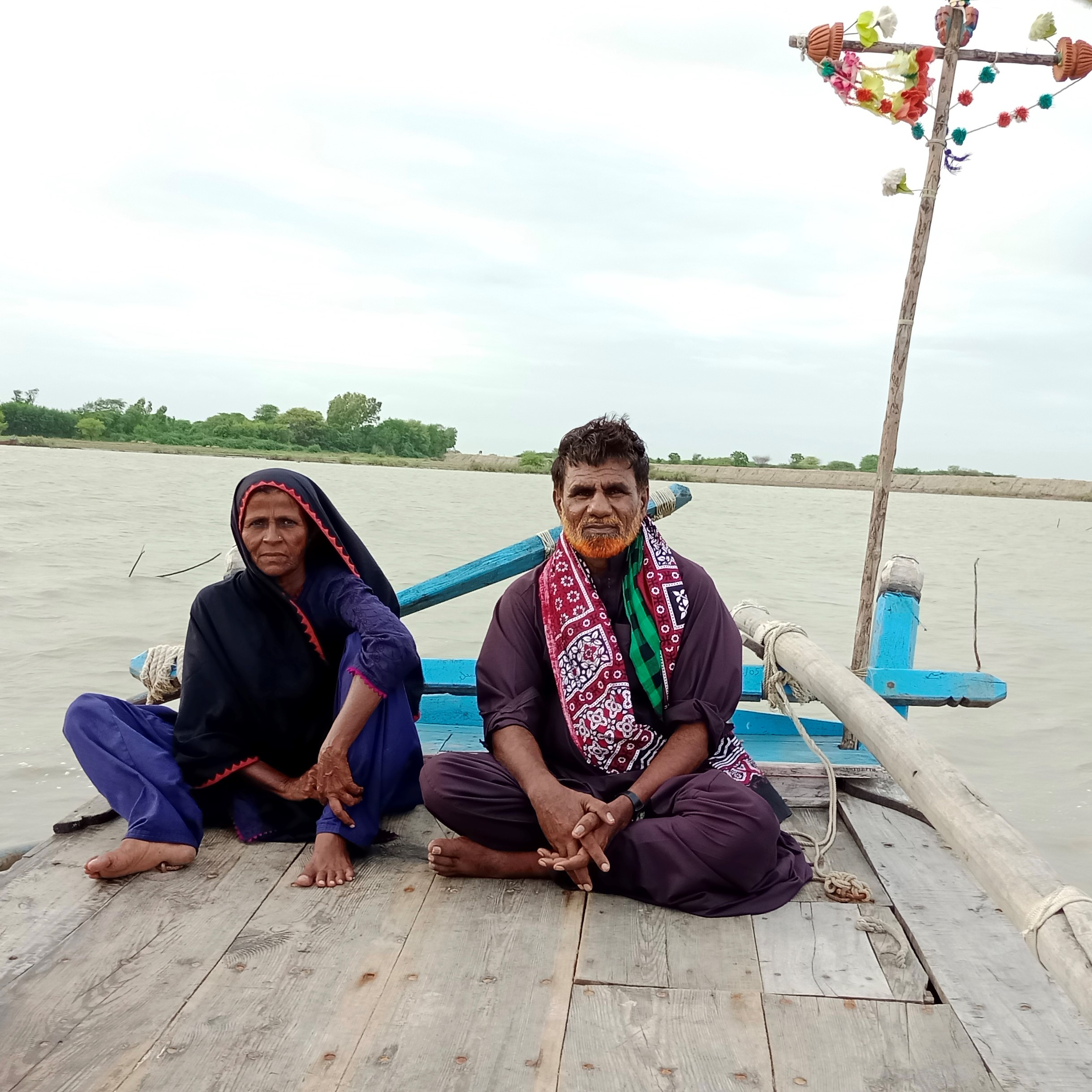Marian brims with happiness, evident in the sparkle of her eyes. She has laid out exquisite ‘rallees’ on the beds under the open sky in her lakeside home. Guests keep arriving, and she’s treating them with sweets and tea. She has arranged all this for Ahmed, her husband, who is returning home after nearly four years of imprisonment in India.
58-year-old Ahmed, a resident of the Alhajrio village in Sajawal district, coastal Sindh, was arrested by Indian forces on October 20, 2019, along with 25-year-old Hamza Taymur, a resident of the same area. They are both fishermen.
Ahmed explains that he and Hamza were on his horra (large boat) when suddenly, the boat’s engine stopped working. Despite their efforts, the engine wouldn’t restart. The boat drifted with the current; then, Indian forces arrested them and seized their horra.
According to Ahmed, it was their tenth day at sea, and they were caught themselves before catching the required amount of fish. He says he had not committed any crime; rather, he had just strayed a few metres into waters over which India claims jurisdiction due to his lack of familiarity with the disputed maritime boundaries. As a result of this accidental deviation, he remained separated from their family for four years.
“I intended to stay at sea for a month this time, engage in fishing, and then send the caught fish to my employer with the help of another boat. I had planned this income to cover the marriage expenses of my children.”
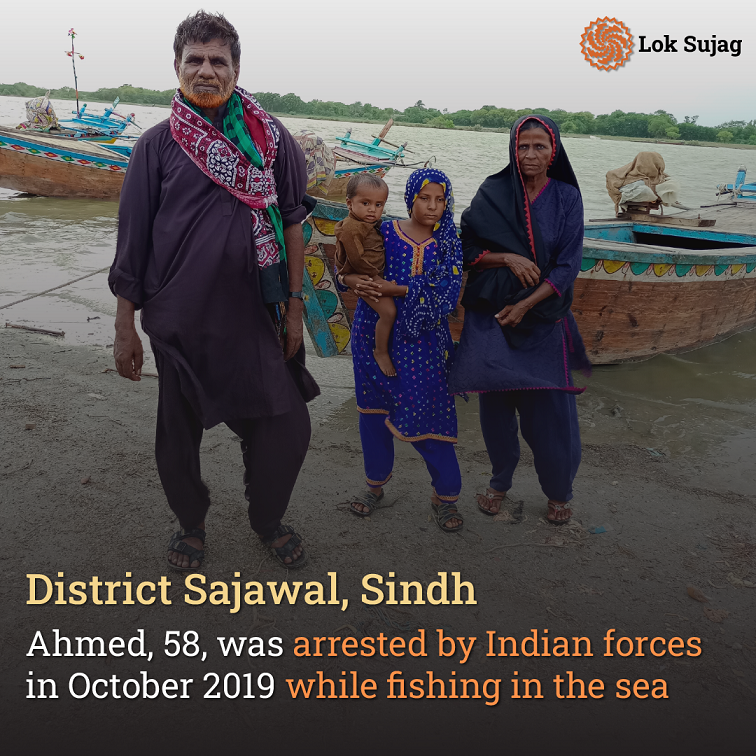
He says the Indian forces detained him and Hamza in Dayapur Thana for two days before presenting them in a local court. After that, they were sent to Kutch District’s Palara Jail. During these days, the COVID-19 pandemic emerged, and no action was taken on their case for a year and a half. When the court resumed, they were sentenced to two years in prison. After completing the sentence, they were placed in the Joint Interrogation Centre, where 30 other fishermen from Sindh joined them.
Ahmed says that he hoped Mohammad Ali Shah, the head of the Fishermen’s Organisation, would secure his release. However, when a police officer informed him about his death in August 2021, even this hope faded.
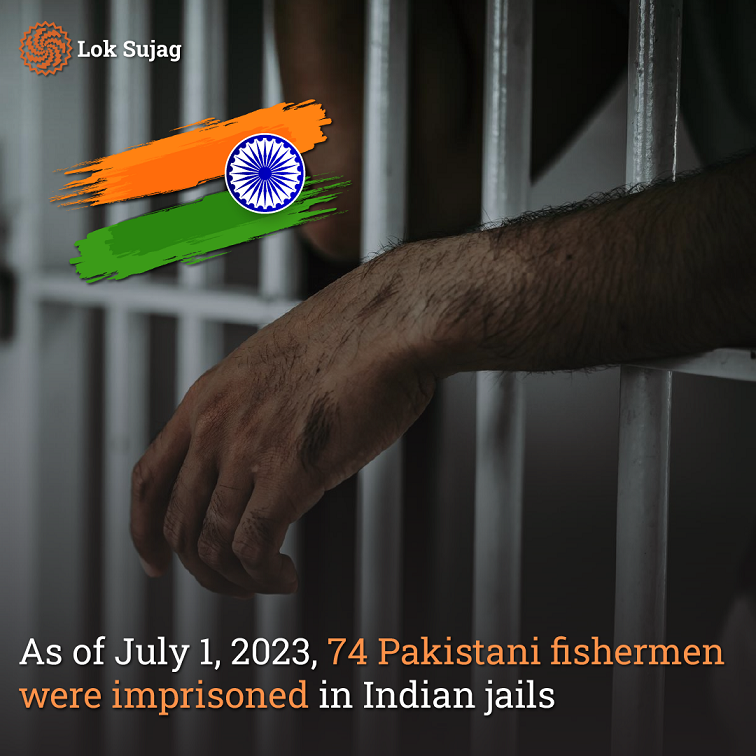
“Last year in May, I learned about Foreign Minister Bilawal Bhutto Zardari’s visit to India. As a gesture of goodwill, he announced the release of two hundred Pakistani fishermen from India. Upon hearing this news, I thought if, in return, India releases 30 to 35 more fishermen, then surely the names of Hamza and I would be included, as our sentences had been completed. In the next two months, our names also emerged among the Pakistanis being released from India.”
He explains that 18 other Pakistanis were freed alongside them, including 11 fishermen from Karachi, Sajawal, and Thatta. The remaining seven were individuals from Punjab who had crossed the border.
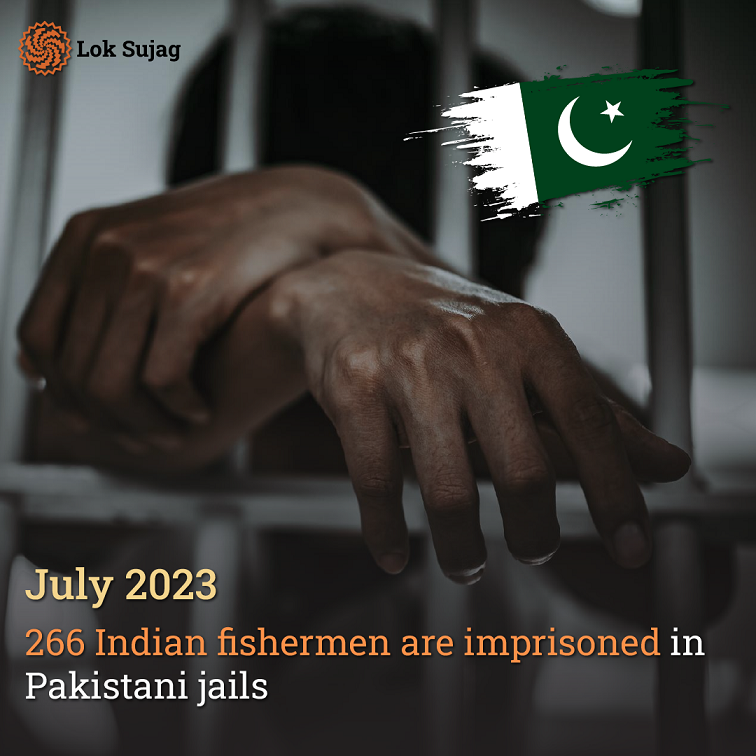
Ahmed used to earn a monthly salary of Rs. 3,000 in jail by collecting garbage and delivering meals to prisoners using a wheelbarrow. He made and sold pearl necklaces, wristbands, and bangles during his free time to save money.
Hamza learned barbering skills during his imprisonment and earned Rs 2,100 monthly. He also created and sold pearl jewellery.
Marian was unaware of the maritime boundary disputes. She only knew that one day Pakistan would release Indian fishermen, and in return, Ahmed would also be released alongside the remaining Pakistani fishermen.
Also Read
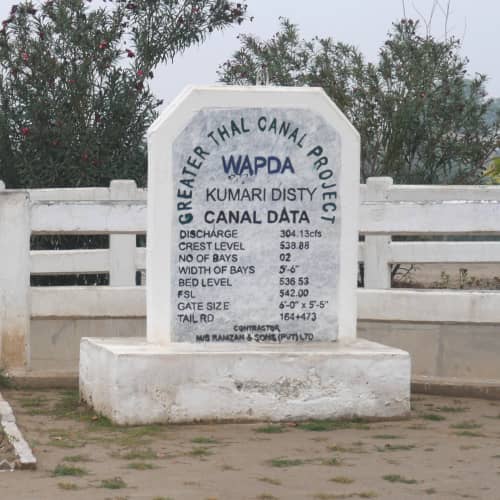
Sindh's objection over Greater Thal Canal: 'Construction of a new canal in Thal will reduce our share of water even more'.
Gripped by fear, the mother of six children, Marian, has forbidden her husband from going to the sea for fishing. Ahmed also mentions that their sons are all grown up and will take over his work.
Sarkarik is a 60-mile marshy coastline between India’s Run-off Kutch region and Pakistan’s Sindh province. This area encompasses 17 sea bays, with Pakistan asserting ownership over them while India claims half. Fishermen from both countries have been imprisoned for years after being caught in these waters.
According to Pakistan’s Foreign Office, under the Consular Access Agreement, Pakistan and India exchange lists of imprisoned detainees every year on January 1 and July 1.
As of July 1, 417 Pakistanis, including 74 fishermen, were held in Indian jails. After the release of 18 Pakistanis, the count has reduced to 399. Pakistan’s jails contain 308 Indian prisoners, with 266 being fishermen, primarily imprisoned in Malir and Landhi jails in Karachi.
Published on 22 Aug 2023
